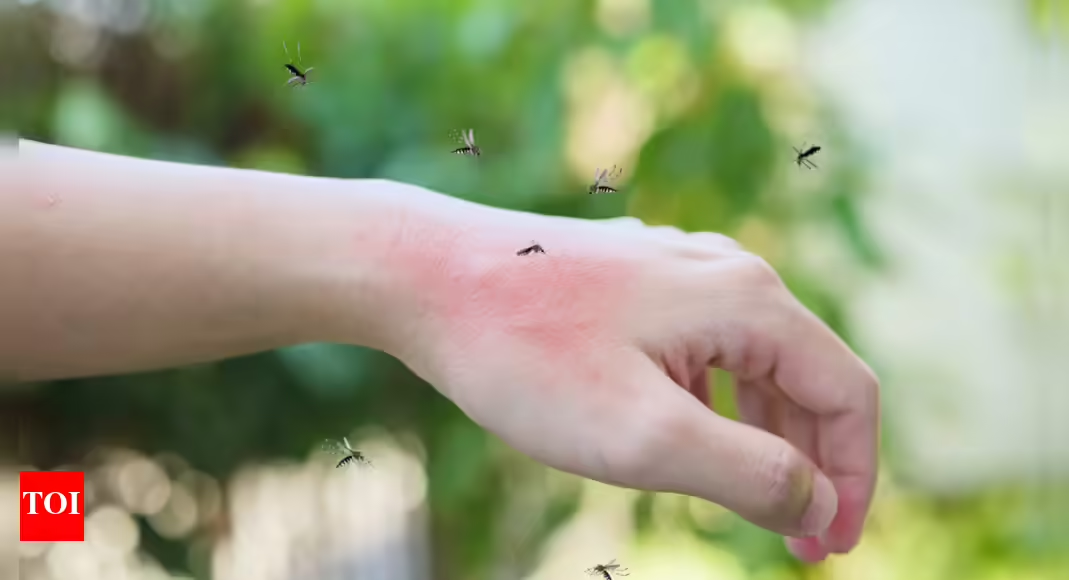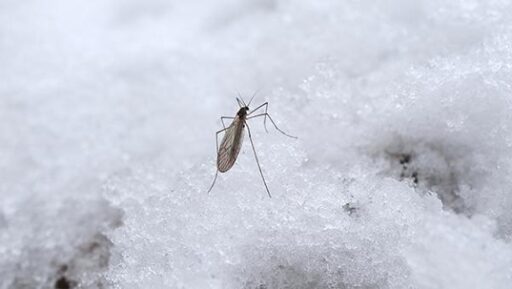Houston’s climate is known for its heat, humidity, and long stretches of warm weather—perfect conditions for mosquitoes to thrive. The combination of frequent rain and high moisture levels means these pests can breed rapidly and hang around longer than expected. For homeowners, it’s not just a seasonal nuisance. These insects pose health threats and can turn outdoor time into an unpleasant experience. Knowing when they’re most active can help control their spread more effectively.
Mosquito spraying becomes most effective when timed with these seasonal changes. Houston’s mosquito population doesn’t follow a fixed calendar—it responds to temperature shifts, rainfall, and humidity patterns. Residents can take appropriate action and stop infestations before they get out of control by understanding how mosquito behavior fits with the local climate.
Early Warm Spells Signal the First Wave
The mosquito season in Houston doesn’t wait for summer. Mosquito activity can start as early as late February or March, especially when daytime temperatures reach 50°F or higher. This early awakening is often subtle—mosquitoes aren’t visible in large numbers, but they begin laying eggs in any available standing water.
Controlling mosquitoes before their numbers increase is critical. Homeowners should start inspecting their yards, clearing clogged gutters, and draining containers. Early spraying and larvicide applications can interrupt breeding patterns and reduce insect growth later in the season.
Spring Rain Boosts Breeding Conditions
Spring brings a rapid mosquito population spike. April and May are when mosquito populations start multiplying rapidly. Warm air, sudden rains, and fresh plant growth provide the moisture and cover they need. Certain species that thrive in urban areas, like Aedes mosquitoes, known for spreading diseases, become more active and aggressive.
Targeted mosquito control during spring works best when combined with proper yard maintenance. Removing leaf buildup, trimming dense shrubs, and using repellents or foggers can help prevent nesting areas and reduce mosquito numbers before the summer peak arrives.
Summer Brings the Highest Risk
June through August is the height of mosquito season in Houston. The humidity stays high, rainfall increases, and breeding happens nonstop. This is when infestations can spiral quickly, and casual measures often fall short. Standing water accumulates in pots, drains, and low-lying areas, making it harder to stay ahead.
Mosquito spraying during summer should be regular and backed by additional steps like keeping grass short and removing any water traps. Summer is also when the risk of mosquito-borne diseases like West Nile or dengue increases, making consistent control efforts a necessity, not a choice.
Late Summer Brings Another Surge

As August rolls in, mosquito activity often surges again due to accumulated heat and storm-driven moisture. Weather patterns can actually cause another round of outbreaks, even though many people anticipate things to quiet down by this point. The combination of heat and stagnant water creates perfect breeding conditions that can rapidly increase mosquito populations.
Every time it rains, small water sources form—inside toys, planters, tarps, and yard debris. Homeowners should continue their spraying schedules, especially after storms, and walk through their property to spot and empty any pooling water. Consistent follow-up after each rain event is essential to keep mosquito numbers from bouncing back unexpectedly.
Warm Fall Days Keep Populations Alive
Fall in Houston does not immediately bring frigid weather. Temperatures can stay above 50°F well into October, keeping mosquitoes alive and active. These lingering pests often remain hidden during the day and become more noticeable in the early evening.
Fall mosquito control helps prevent late-season bites and reduces the number of eggs left behind for the next year. Treatments should continue until consistent cold weather sets in, ensuring that mosquitoes don’t rebound when winter turns mild.
Winter Prepares the Ground for Next Season
Even when winter arrives, mosquitoes don’t completely disappear. Eggs can lie dormant through cold spells, and unseasonably warm days can trigger brief bursts of activity. Although full-blown infestations are unlikely, it’s a smart time to inspect and prepare for the coming year.
Homeowners can use winter to fix drainage issues, seal cracks where water collects, and clean up cluttered areas. Getting ahead of the insect season before it begins helps reduce the need for aggressive spraying later on.
Choosing a Reliable Mosquito Control Specialist
Hiring the right mosquito control expert can make a significant difference. An experienced local specialist is familiar with Houston’s shifting climate and can adjust treatments based on the time of year. They’ll also know which mosquito species are most active during each time of year.
A good specialist offers more than one-time treatments—they assess breeding zones, provide a long-term plan, and use safe methods suited for pets and people. Choose companies that communicate clearly, treat both larvae and adults, and offer follow-up support when needed.
Mosquito spraying in Houston works best when it’s aligned with the weather, not the calendar. Early preparation, mid-season consistency, and late-season follow-through are all key to staying ahead of these pests. Even during the hottest months in the city, you may enjoy outdoor areas without getting bitten or worrying about your health if you plan ahead and have the proper assistance.








